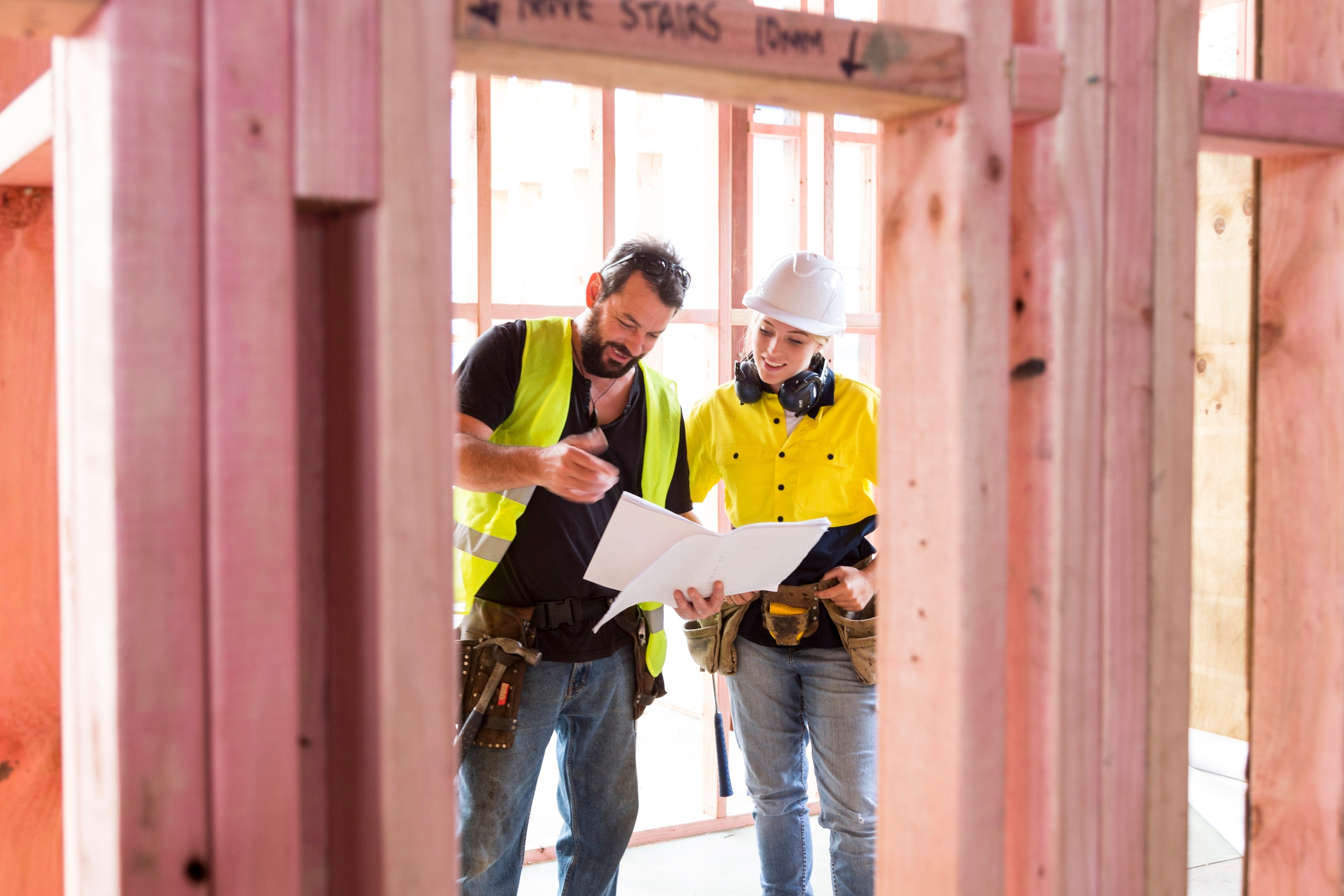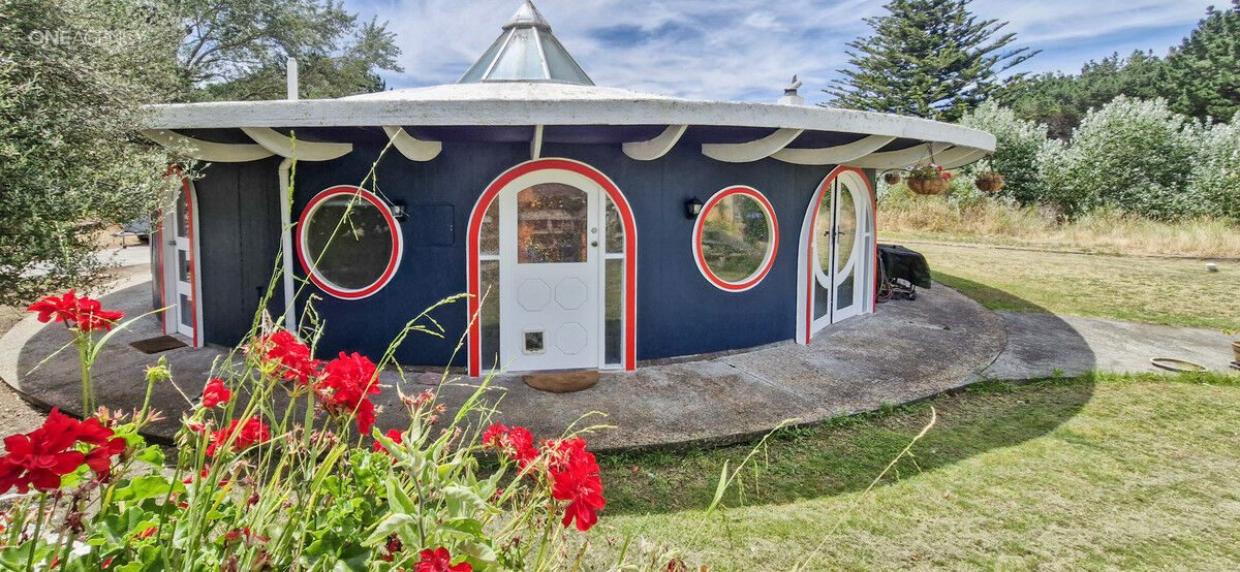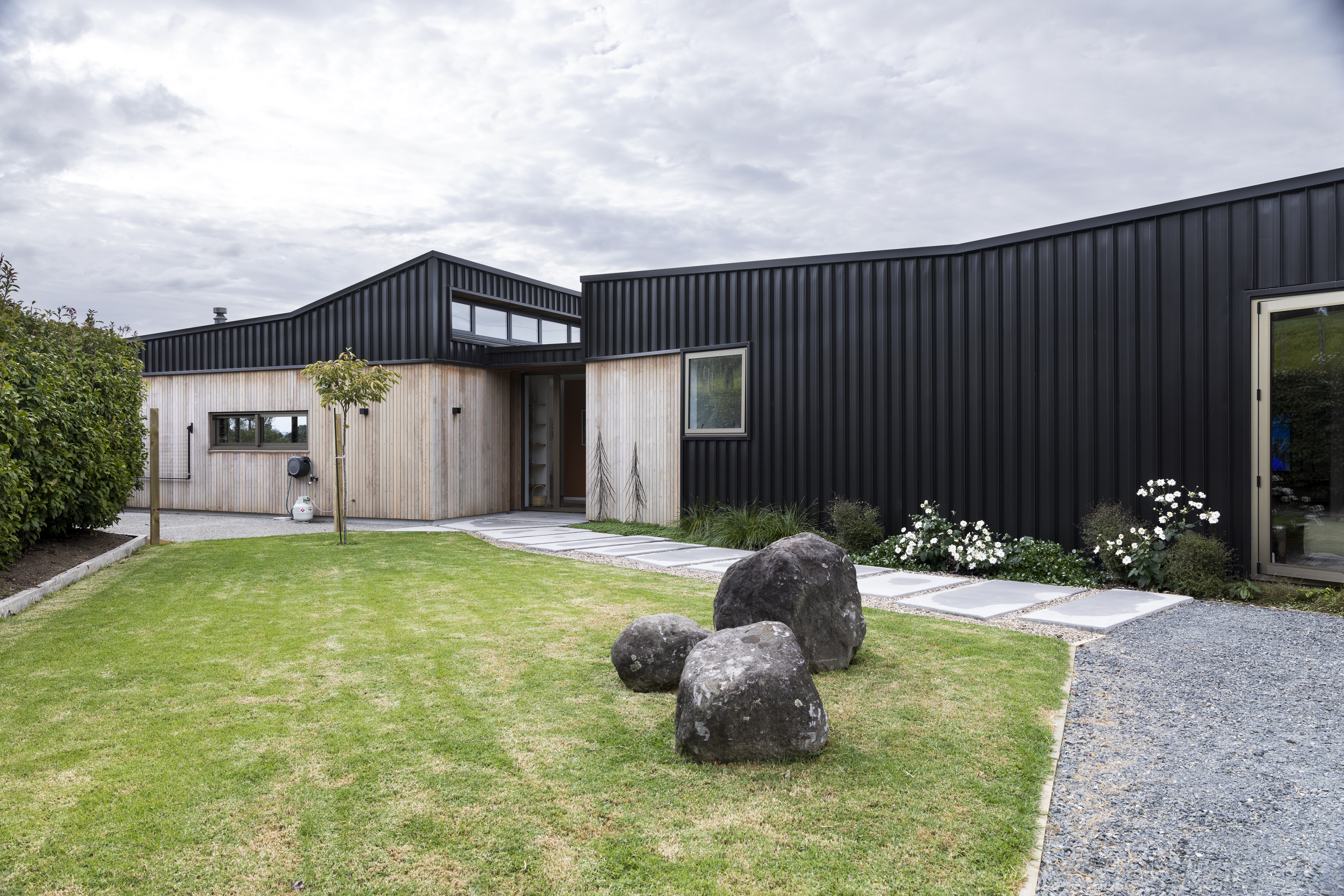Buying guide
How does finance work when building a new home
Finance when building a new home can be complex - here’s everything you need to know.

How do construction loans work?
Finance for new builds works a little differently than your average home loan.
Managing costs during a new build
Choosing your builder
Author
Search
Other articles you might like

.jpg)




